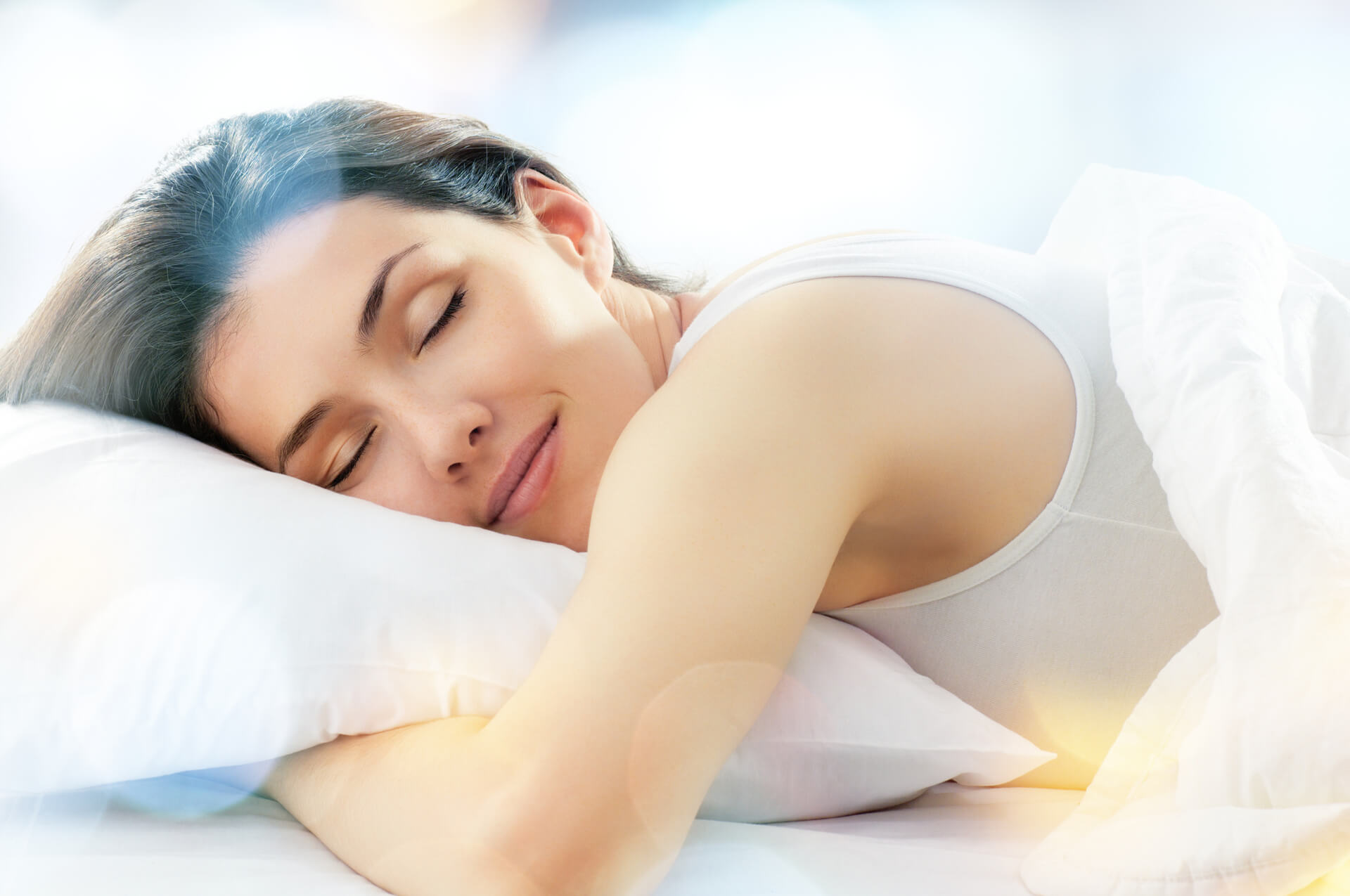Greg Diamond, Senior Musculoskeletal Physiotherapist at Lifecare Cottesloe.
Because we deal with people’s pain we often hear the lament of, ‘I’m not sleeping well at the moment!’
Now sometimes it’s due to the pain situation they are currently experiencing, but often you find it is part of a pattern of poor sleep that can have a raft of consequences, including making pain worse.
When we sleep, the body restores itself. It’s like the factory re-set button and it involves repairing damage dealing with invaders (viruses and bacteria predominantly) and strengthening the immune system.
No sleep or poor sleep sets you up for physical injury, infection and chronic inflammation.
You need your sleep!
Without good sleep your health will be compromised, it’s just a matter of when.
The sleep studies are pretty conclusive that 7 to 8 hours a night is on the money… except for a very small percentage (7%) of the population that may be wired differently.
So now that we have set the benchmark, how are you doing? Are you a Rip Van Winkle and could sleep for 100 years? Or are you Count Dracula and up all night?
Here are 7 ways to prepare for and have a better night’s sleep
- Have a regular bed time and a going to bed ritual that you follow every night. Our brains and bodies like routine so once we train them to recognise that this is heading to bedtime, they automatically start preparing.
- As part of that ritual, stop using your technologies (especially computers, tablets and mobile phones) one hour before bed. The light they emit interferes with melatonin production which is the hormone we secrete that prepares us to slide into the land of nod. Technology also stops our brain moving into the type of brain waves (alpha) that we need to sleep.
- On a similar theme, try and reduce the light you are exposed to an hour before sleep. Dim the lights, blow out some candles and stop throwing big logs on the fire. Before modern times and our exposure to light pollution, our bodies/brains prepared for sleep as the sun set and night settled in. But now we have so much light we confuse our systems, so try and pretend the sun is setting and allow the melatonin release to do its thing.
- While you are it, reduce any source of extraneous light in your room. Yes, it may seem obvious but we sleep better in the dark (under-bed monsters excluded)!
- Tryptophan is an amino acid that chemically aids sleep and it’s levels can be raised by eating/drinking foods that stimulate its production a half hour before sleep. Milk and a plain sweet biscuit or; bananas or; a smoothie of Greek yoghurt, tart cherries and almond milk (my favourite).
- Avoid stimulants like coffee, tea, Coke (-a-cola that is!) and even a hot chocolate has some caffeine in it.
- Use a meditation or relaxation technique after lying down to aid the relaxation of the body in its journey to sleep. An example of a relaxation technique is described on my YouTube channel 50 Fit and Fabulous if you need a run through.
If you are experiencing a lack of sleep due to muscle pain or an injury, you can book an appointment at your local Lifecare clinic.
JANUARY 29, 2018

